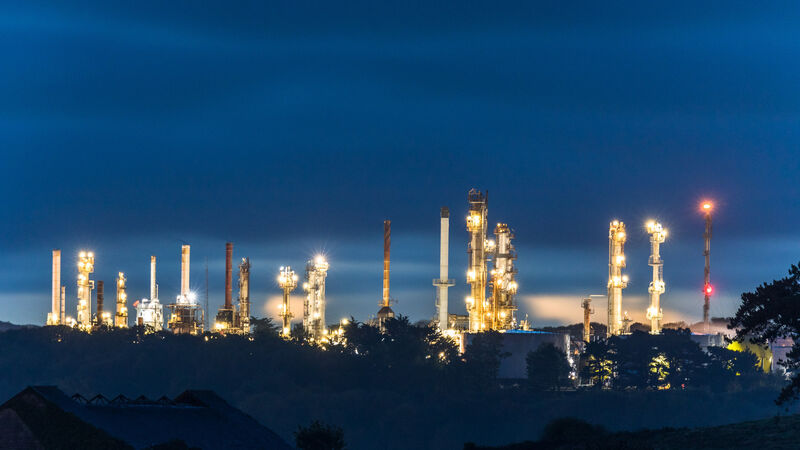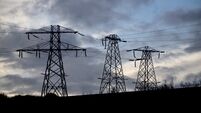IMF: Unprecedented energy price hikes but fallout will not be as bad as the 1970s

Whitegate oil refinery, Cork. The new assessment by the IMF warns that “soaring natural gas prices are rippling through global energy markets”, hitting factories around the world.
Elevated levels of energy prices could weigh on global economic growth next year following “an unprecedented” squeeze on gas prices but the fallout will not be as bad as the 1970s, IMF economists have warned.
The warning comes as there appeared also to be no relief for Irish households from surging global oil prices which will ratchet up the pressure on household energy bills in the coming months.














